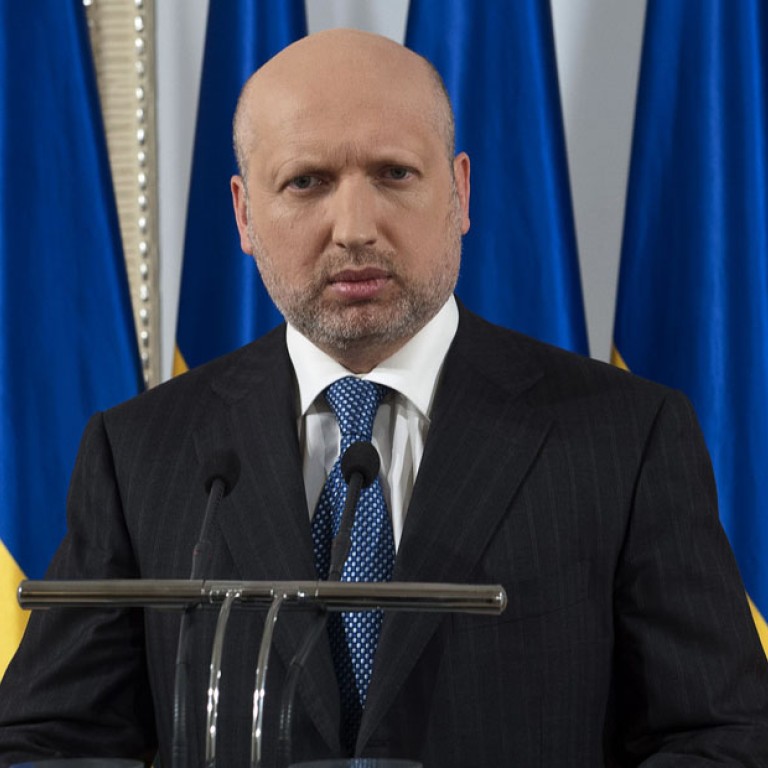
In Ukraine, talks the only way to stem escalating crisis
Ukraine is in turmoil, the threat of civil war mounting by the day. The death toll is rising as Ukrainian troops struggle to stop government buildings in the country's east from being seized by pro-Russian protesters and militia.
Ukraine is in turmoil, the threat of civil war mounting by the day. The death toll is rising as Ukrainian troops struggle to stop government buildings in the country's east from being seized by pro-Russian protesters and militia. Western sanctions against Moscow are having little impact and an agreement signed in Geneva last month by Ukraine, Russia, the United States and European Union on a series of steps to reduce tensions is being all but ignored. Elections slated for May 25 would ordinarily be expected to put an end to questions about the government's legitimacy, but there is little chance of free and fair polls in such a climate; only international talks have a hope of bringing about peace and stability.
The fate of Ukraine has to be determined by its people. But the authority of elections will be eroded if polls are held while there is fighting and strong outside pressures. Ukraine's acting president, Oleksandr Turchynov, admits his country's military is "helpless" to ensure stability. The possibility that militias will overthrow local leaders and hold referendums that will hand territory to Russia, as happened in Crimea, is ever-present.
Russian President Vladimir Putin has vowed to protect the interests of Russian speakers in Ukraine and elsewhere. With tens of thousands of Russian troops massed on Ukraine's eastern borders, fears are rife in Kiev that an invasion will be launched to put the nation back under Moscow's control, as under the Soviet Union. Former Soviet states Moldova, Armenia and Georgia are among nations similarly anxious. Putin has already said the Geneva agreement was invalidated by the actions of Ukraine's soldiers, furthering the uncertainty amid the threat of a Russian response.
US and EU economic sanctions, imposed following Russia's annexation of Crimea after a disputed referendum, have been widened to include more companies, business people, politicians and military leaders. While they have led the International Monetary Fund to lower its forecasts for Russia's economic growth and hit the rouble, they have not softened Putin's rhetoric or hurt his popularity at home. Language from the US and EU has been tough, but there is no appetite for a military response or actions that will harm Western business interests. Economically isolating Moscow will not resolve Ukraine's crisis or ease the fears of Russia's pro-Western neighbours. Negotiations to bring about stability, with all parties involved taking part, are the only sensible way forward.

